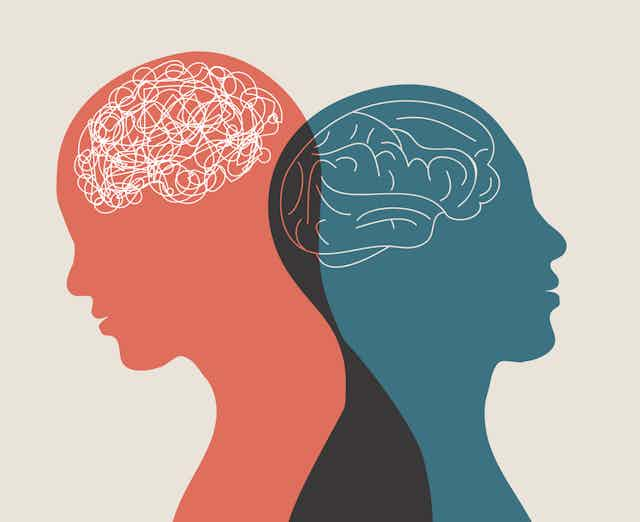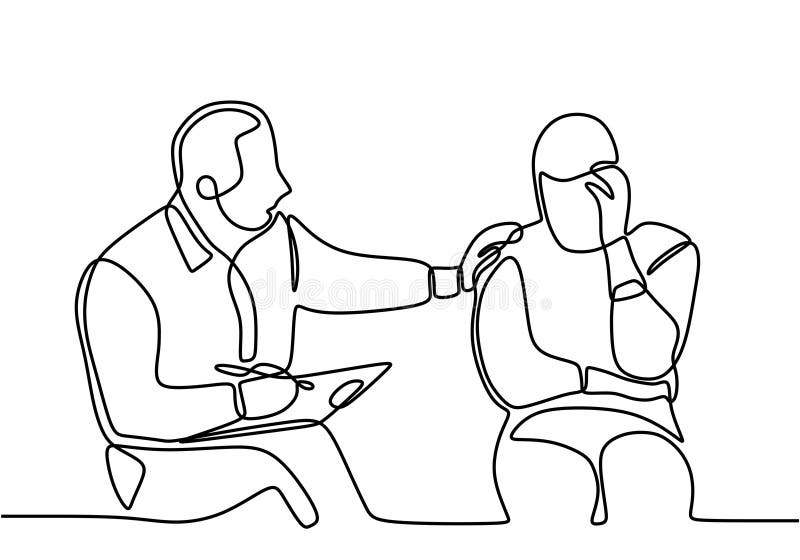The Value of Seeking Aid from the Best Psychologist in Delhi for Stress Administration
The Value of Seeking Aid from the Best Psychologist in Delhi for Stress Administration
Blog Article
Psych Therapy: A Comprehensive Guide to Strategies and End Results

Cognitive-Behavioral Treatment
Cognitive-Behavioral Therapy (CBT) is an extensively made use of psychotherapeutic technique that focuses on determining and modifying inefficient reasoning and habits patterns. Created in the 1960s by Aaron T. Beck, CBT incorporates cognitive and behavioral concepts to address various mental health problems, including depression, anxiousness, and stress-related disorders.
CBT is defined by its structured, ambitious nature. Therapy commonly includes a joint process between the therapist and client, where certain issues are identified, and useful methods are established to resolve them. Methods such as cognitive restructuring, exposure therapy, and skill-building exercises are typically utilized. Cognitive restructuring involves challenging and altering negative idea patterns, while exposure treatment intends to lower concern and anxiousness via gradual exposure to been afraid circumstances or things.
Evidence-based research supports the efficiency of CBT for a large variety of psychological problems - Best Psychologist in Delhi. Its emphasis on ability purchase and self-help techniques encourages clients to continue development independently after treatment wraps up. The adaptability and efficiency of CBT have made it a keystone in contemporary psychotherapeutic technique
Psychodynamic Techniques
Rooted in the early concepts of Sigmund Freud, psychodynamic approaches concentrate on checking out the subconscious mind and its influence on actions and emotions. These approaches aim to discover covert thoughts and sensations that might be driving maladaptive behaviors and mental distress. Central to this approach is the idea of inner problem, commonly stemming from unsolved past experiences, especially those from childhood years.
Therapists utilizing psychodynamic strategies employ a number of vital methods, consisting of free association, where individuals are encouraged to speak easily to disclose unconscious material, and dream evaluation, which interprets the concealed web content of desires. Additionally, the exploration of transfer and countertransference characteristics within the healing relationship is vital. These communications can provide insights right into the individual's inner globe and relational patterns.
Psychodynamic treatment is normally longer-term compared to other methods, offering a deep and detailed understanding of the individual's subconscious. Research indicates that it can be especially efficient for complicated mental health and wellness issues, such as personality conditions and persistent clinical depression. By promoting self-awareness and psychological understanding, psychodynamic treatment looks for to bring unconscious material to consciousness, allowing individuals to achieve enduring and purposeful adjustment in their lives.
Humanistic Methods
Structure on the foundations laid by psychodynamic methods, humanistic strategies use an unique point of view concentrated on specific possible and self-actualization. Coming from in the mid-20th century, these methods focus on the intrinsic goodness and growth potential of individuals, stressing an all natural sight of human experience. Trick numbers such as Carl Rogers and Abraham Maslow have considerably influenced this restorative approach, which incorporates approaches like client-centered treatment and Gestalt treatment.
Client-centered therapy, developed by Rogers, plays a crucial duty in humanistic strategies. It depends on the therapist giving a check my source setting of unconditional favorable regard, compassion, and congruence. This fosters a secure area for clients to discover their feelings and experiences without judgment, facilitating self-discovery and personal development. The therapist's duty is more of a facilitator than an authority, motivating clients to harness their internal resources for recovery.
Gestalt therapy, another essential humanistic strategy, highlights present moment recognition and the assimilation of body and mind. By concentrating on the "below and currently," clients get greater insight right into their existing feelings and habits. Techniques such as role-playing and directed visualization are usually used to assist customers gain a deeper understanding of themselves, inevitably bring about improved self-awareness and satisfaction.
Integrative Treatments
Integrative therapies represent a synthesis of numerous restorative techniques customized to satisfy the distinct requirements of each customer. This method recognizes the intricacy of human psychology and the diverse nature of mental health problems. By integrating elements from various colleges of psychotherapy-- such as cognitive-behavioral therapy (CBT), psychodynamic therapy, and humanistic methods-- integrative therapies supply a more alternative and adaptable therapy paradigm.
Experts of integrative treatment examine each client's details demands, signs, and individual history to develop a customized treatment strategy. This customized approach enhances the capacity for restorative success by addressing the origin of psychological distress and promoting general health. Methods could include mindfulness workouts, cognitive restructuring, and psychological processing, each selected to target different facets of click reference the customer's problems.
Moreover, integrative therapies stress the healing relationship, viewing the client-therapist bond as a critical part of reliable therapy. This partnership promotes a supportive environment where clients feel safe to discover and address their problems. The versatility of integrative therapies makes them ideal for a wide series of problems, consisting of stress and anxiety, anxiety, trauma, and social troubles, therefore enhancing their applicability and performance in diverse professional setups.

Gauging Treatment Outcomes
Examining the efficiency of psychotherapy is critical for both clients and medical professionals to guarantee that the therapy is producing the wanted results. To attain this, different approaches and tools are used to measure treatment outcomes systematically. Standardized evaluation tools, such as the Beck Anxiety Inventory (BDI) and the Generalized Stress And Anxiety Problem 7 (GAD-7), supply measurable data on signs and symptom severity and modifications with time.
In addition to standard devices, qualitative methods like customer self-reports and professional interviews use valuable insights into the individual experiences and regarded progress of clients. Consistently scheduled assessments, commonly at the beginning, axis, and end of treatment, aid in tracking the trajectory of improvement or identifying areas requiring change.
Result measurement is not limited to signs and symptom reduction; it also includes useful improvements in day-to-day live, such as much better social partnerships, increased work productivity, and enhanced overall wellness. Modern improvements in electronic wellness have actually presented mobile applications and on the internet systems that assist in real-time surveillance and responses, better improving the analysis procedure.
Eventually, a detailed strategy to determining therapy outcomes guarantees that restorative interventions are effective, efficient, and customized to fulfill the private requirements of clients, thereby optimizing the total healing experience.
Final Thought
Humanistic methods concentrate on personal development and self-actualization, while integrative treatments integrate numerous methods for tailored therapy plans. Examining therapy results via qualitative techniques and standard analyses guarantees a detailed understanding of effectiveness, eventually assisting customers toward withstanding psychological wellness improvements.
From the structured technique of Cognitive-Behavioral Treatment (CBT) to the deep exploration of the subconscious in psychodynamic therapy, each method brings distinct benefits. Its focus on ability acquisition and self-help strategies empowers clients to proceed progression independently after therapy ends (Best Psychologist in Delhi). Key figures such as Carl Rogers and Abraham Maslow have actually considerably influenced this restorative strategy, which encompasses approaches like client-centered therapy and Gestalt therapy

Report this page